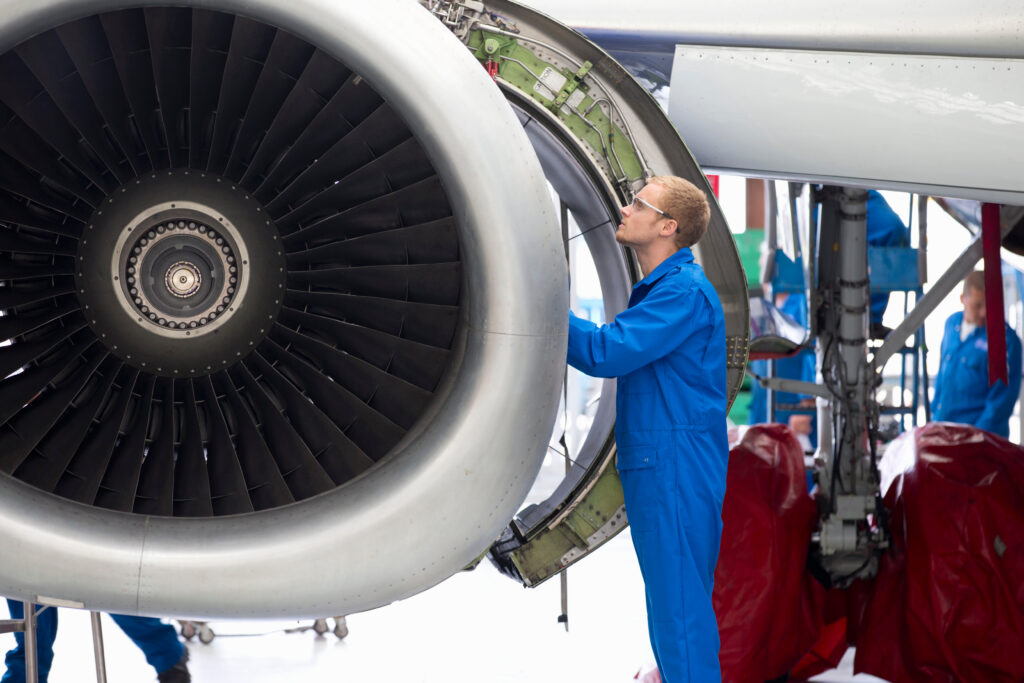(Per-)Fluoroelastomers – keeping plane engines running
Planes are a common means of transportation with a 400% increase in passengers over the past 30 years. Therefore, passenger safety is paramount. Additionally, in both commercial and military aviation industries it is important that aircraft are comfortable, safe, reliable and economical. Technological progress has increasingly focused on improving the heart of an aircraft – its engine – which is where efficiency and safety must come together.
Gas turbine engines have been standardised across all aircraft. Why? The engine performs better, provides a higher degree of thrust – needed for acceleration and manoeuvring – and reduces emissions compared to its predecessors. In the past 40 years, fuel consumption has decreased by 70%.
The one thing that enhances the engine’s performance is also what could ultimately damage its components: heat. The engine can heat up to such levels that sealants are exposed to temperatures of over 200°C. (Per-)Fluoroelastomers are currently the only elastomeric compounds resilient enough to withstand the extreme thermal, mechanical and media exposure.
For more information on the role of PFAS in gas turbine engines, please click here

